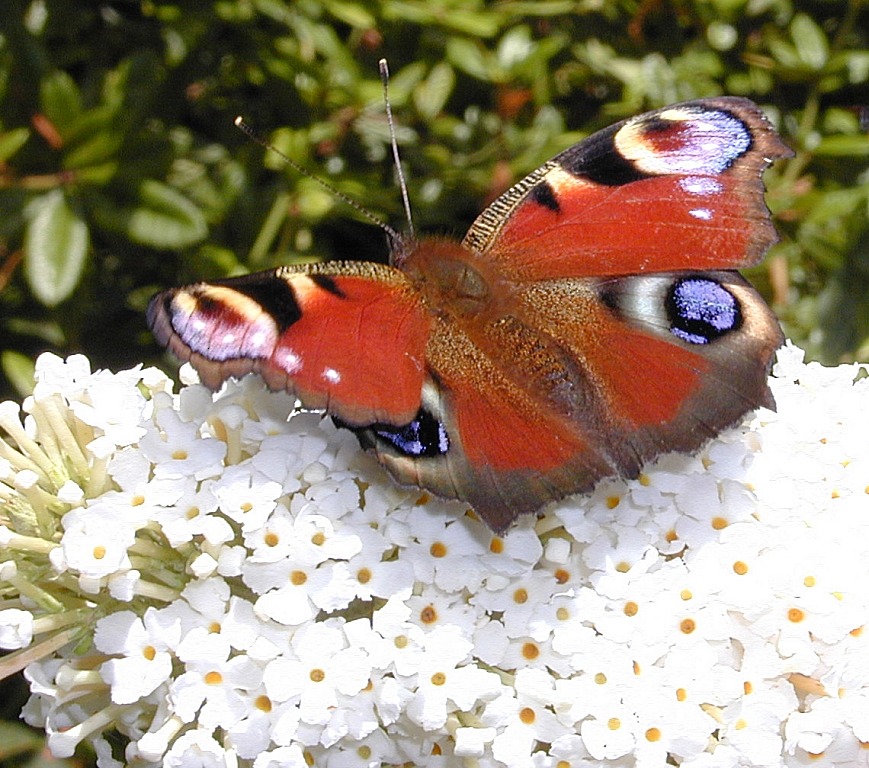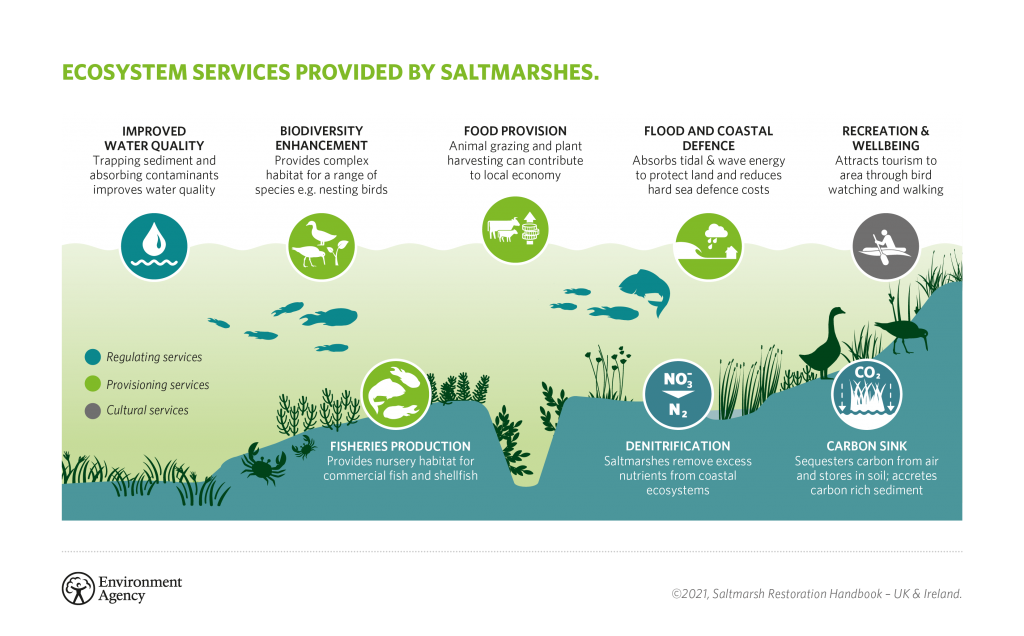The state of the natural environment is critical for the health of our planet and for the future of society. It provides essential ecosystems for wildlife, as well as vital benefits and services for people, without which we could not survive.
“Natural Capital can be defined as the world’s
stocks of natural assets which include
geology, soil, air, water and all living things.
It is from this Natural Capital that humans derive
a wide range of services, often called ecosystem
services, which make human life possible”.
Definition from the Convention on Biological Diversity

There has been a shift in recent years towards viewing nature as a valuable asset, as Natural Capital, which needs to be managed effectively by us all. If we continue to take from the natural world without giving anything back, biodiversity will continue to decline, putting the productivity, resilience, and adaptability of nature in crisis, and placing our economies, livelihoods, and well-being at serious risk.
This is explained in Professor Sir Partha Dasgupta’s The Economics of Biodiversity: Dasgupta Review, which was published in February 2021. The report describes nature as “our most precious asset” which “our economies, livelihoods and well-being all depend on”.
The report explains how we rely on nature to provide us with food, water and shelter; regulate our climate and disease; maintain nutrient cycles and oxygen production; and provide us with spiritual fulfilment and opportunities for recreation and recuperation, which can enhance our health and well-being.
All these services and benefits have an intrinsic economic worth to society.
A Reality Check
Yet the continued and accelerating decline in biodiversity and rising global temperatures are strong indicators that society has failed to engage with nature sustainably, so much so that our demands on the natural environment far exceed its capacity to supply us with the goods and services we all rely on.
To reverse the situation the report suggests that “we need to change how we think, act and measure the success of our economies” and ensure “our economies are embedded within Nature, not external to it”. We need to “ensure that our demands on Nature do not exceed its supply, and that we increase Nature’s supply relative to its current level”. Furthermore, we need to “transform our institutions and systems – in particular our finance and education systems – to enable these changes and sustain them for future generations”.
With this approach in mind, coastal habitats such as saltmarsh, seagrass and oyster beds play a vital role in a sustainable future, not only as important ecosystems for wildlife supporting marine biodiversity, but as valuable natural capital providing essential benefits and services to society. These include:
- Water filtration, removing organic and inorganic matter significantly improving water quality
- Nutrient reduction, removing excess levels of nitrogen and phosphorous which can be detrimental to the environment
- Increasing species diversity through their unique habitat structures
- Providing nursery grounds for young marine creatures, supporting sustainable fisheries
- Supporting aquaculture and food production
- Providing natural sea defences, diffusing wave energy, reducing erosion and the effects of storm surge
- Carbon sinks – sequestering and storing carbon
- Stabilisation of submerged land by trapping sediment
- Supporting ecotourism and recreation opportunities
- Improving health and well-being
- Cultural value for coastal communities
All of these services have an economic value, and much work is being done, both nationally and globally to determine the economic values and the metrics for these services. For example, saltmarsh is very effective at storing and sequestering carbon. Managed effectively, it can help offset carbon emissions and contribute towards ‘net zero’. With established carbon metrics and systems in place, investors may choose to invest in saltmarsh creation schemes to offset against carbon emissions and help reduce the impact of climate change. This in turn will also support an increase biodiversity and restore resilience to the natural environment. An example of economics with nature embedded.
Through CHaPRoN we hope to develop Green Finance schemes to encourage investment in the Harbour’s natural environment.
